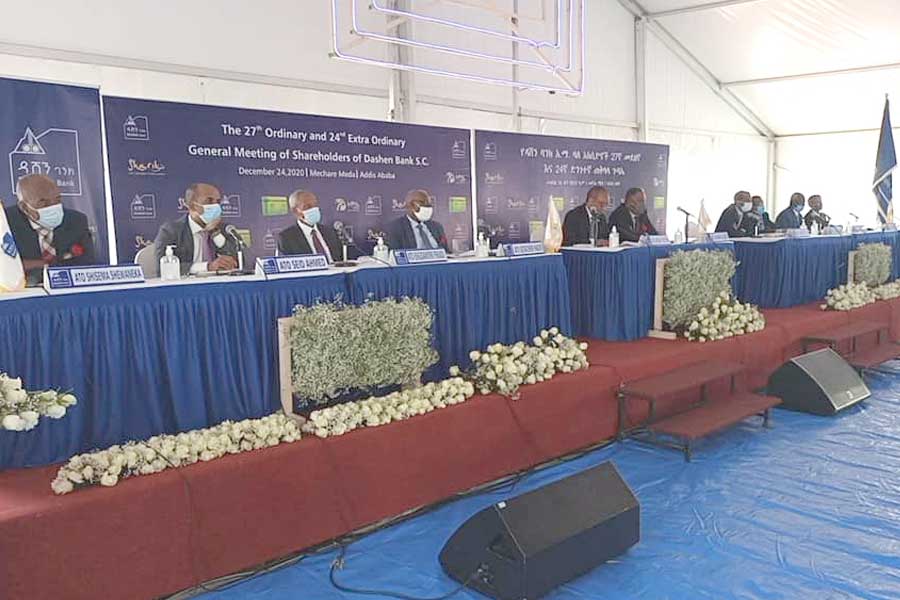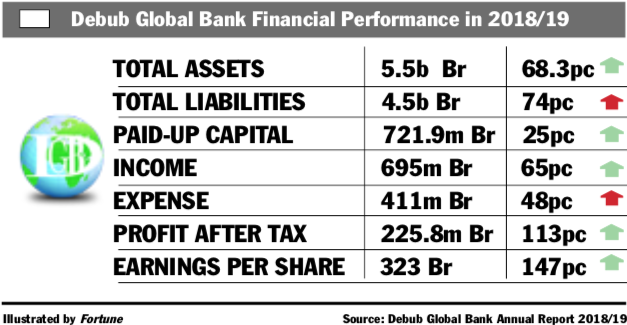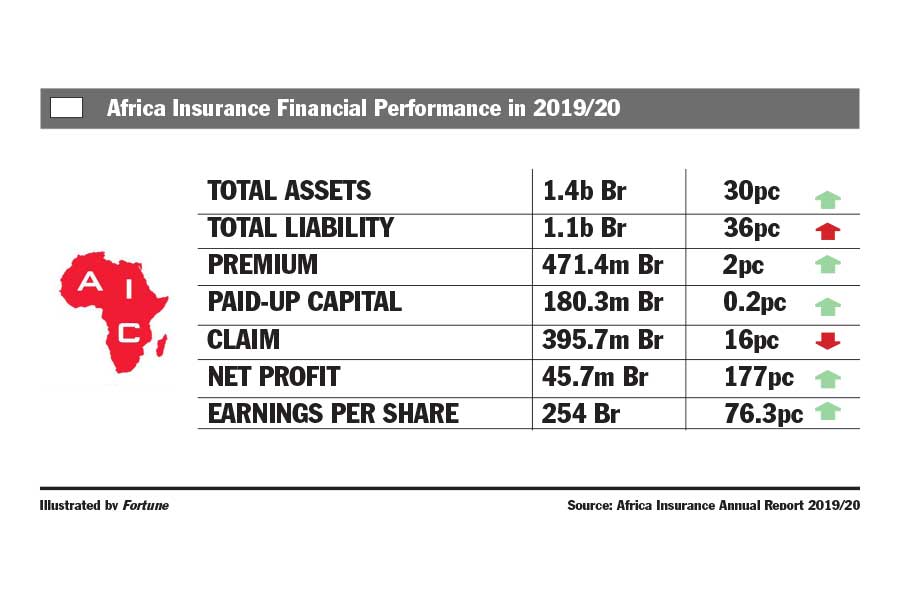
Viewpoints | Nov 29,2020
Chief executive officers of companies operating in East African countries are less worried over an impact of global recession compared to their international peers, while they are more confident about the growth prospect.
An annual survey responded to by thousands of business leaders worldwide finds that 80pc of CEOs surveyed in East Africa are “confident” their companies and countries will grow. Their global peers are anxious about growth prospects due to the “global geopolitical and economic challenges”, according to KPMG, one of the world’s largest audit and consulting firms. It surveyed in August this year, including 51 CEOs from Kenya, Tanzania, Rwanda and Uganda; four were from Ethiopia.
No more than 28pc of the CEOs KPMG surveyed in East Africa are worried about the global economic recession primarily fuelled by energy crises, compared to 80pc of the CEOs surveyed globally.
East African CEOs are less concerned about the anticipated recession than their global counterparts. They agree that a recession would affect their profit margin, and 84pc say they focus on boosting productivity. Benson Ndung’u, chief executive officer and senior partner at KPMG East Africa, says they are more confident about the global economy’s growth prospects than global CEOs.
Digital transformation and cyber security to drive growth is a priority for 71pc of East African CEOs. They believe that addressing burnout from accelerated digital transformation over the last two years before the transformation journey and building a cyber security culture is just as important.
KPMG’s “CEO Outlook” for this year tried to learn 1,500 business leaders’ thinking about economic outlooks, talent, technology and environmentally sustainable growth (ESG). Its findings were released on Thursday, November 17, at the Sheraton Hotel, where the presence of bank presidents towered. Melika Bedri of ZemZem; Girum Tsegaye of Berhan; Bekalu Zeleke of Abyssinia; Hailu Alemu of Addis International; Dereje Zebene of Zemen banks attended the event, alongside Wondimagegnehu Negera, CEO of the Ethiopia Commodity Exchange (ECX) and Addisu Haba, board director of the state-owned Commercial Bank of Ethiopia (CBE).
Inflation, geopolitical tensions, the aftermath of the global pandemic and the recession were all ensuing simultaneously over the last three years. However, David Leahy, a partner and head of consulting at KPMG East Africa, told them the biggest challenge for Ethiopian CEOs is the lack of skilled professionals.
“Despite the high unemployment rate, customer service providers and tech-savvy professionals are scarce in the country,” he told Fortune.
Close to 16pc East African and 22pc global CEOs ranked recruitment issues as one of their top challenges to not meeting their ESG expectations. Close to 69pc of East African and 71pc of global CEOs agreed that talent retention with the rising inflation would impact their organisation in the coming years. Talent management has changed its course during the worldwide pandemic. Employees have become health conscious and shifted their focus to flexible work hours instead of career advancement and compensation, according to Brian D’Souza, KPMG’s head of risk and management consulting.
Companies from various industries and geographies have suffered the ‘great resignation’, losing employees in unprecedented numbers.
According to the survey, the younger generation looks for an institution that aligns with their purpose. Nearly 29pc East African CEOs indicated that having a clear employee value proposition to attract and retain talent is the top operational priority in the next three years, ahead of advancing digitisation and increasing measures to respond to geopolitical issues.
This affirms that CEOs acknowledge the place of talent. As the employee landscape evolves, clarity on what companies can and are willing to offer employees will continue to attract and retain the right fit and skills needed to meet their strategic objectives.
David believes that improving the standards of learning institutions and focusing on technological advancements is a path forward.
East African CEOs note that remote and hybrid working has positively impacted employee retention, morale and productivity over the last two years. However, 65pc of global and 78pc of East African CEOs expect roles in the office to be fully back to traditional ways.
The partners at KPMG advise that returning to the traditional on-site work setting requires more profound reflections, and CEOs must balance business and employee expectations ensuring their people have purposeful pandemic-proof interactions.
PUBLISHED ON
Nov 19,2022 [ VOL
23 , NO
1177]

Viewpoints | Nov 29,2020

Fortune News | Feb 13,2021

My Opinion | Mar 04,2023

Commentaries | Nov 21,2020

Commentaries | Sep 27,2020

Fortune News | Feb 19,2022

Commentaries | Sep 11,2020

Radar | Aug 01,2020

Fortune News | Jan 25,2020

Fortune News | Dec 12,2020

Dec 22 , 2024 . By TIZITA SHEWAFERAW
Charged with transforming colossal state-owned enterprises into modern and competitiv...

Aug 18 , 2024 . By AKSAH ITALO
Although predictable Yonas Zerihun's job in the ride-hailing service is not immune to...

Jul 28 , 2024 . By TIZITA SHEWAFERAW
Unhabitual, perhaps too many, Samuel Gebreyohannes, 38, used to occasionally enjoy a couple of beers at breakfast. However, he recently swit...

Jul 13 , 2024 . By AKSAH ITALO
Investors who rely on tractors, trucks, and field vehicles for commuting, transporting commodities, and f...

Nov 1 , 2025
The National Bank of Ethiopia (NBE) issued a statement two weeks ago that appeared to...

Oct 25 , 2025
The regulatory machinery is on overdrive. In only two years, no fewer than 35 new pro...

Oct 18 , 2025
The political establishment, notably the ruling party and its top brass, has become p...

Oct 11 , 2025
Ladislas Farago, a roving Associated Press (AP) correspondent, arrived in Ethiopia in...